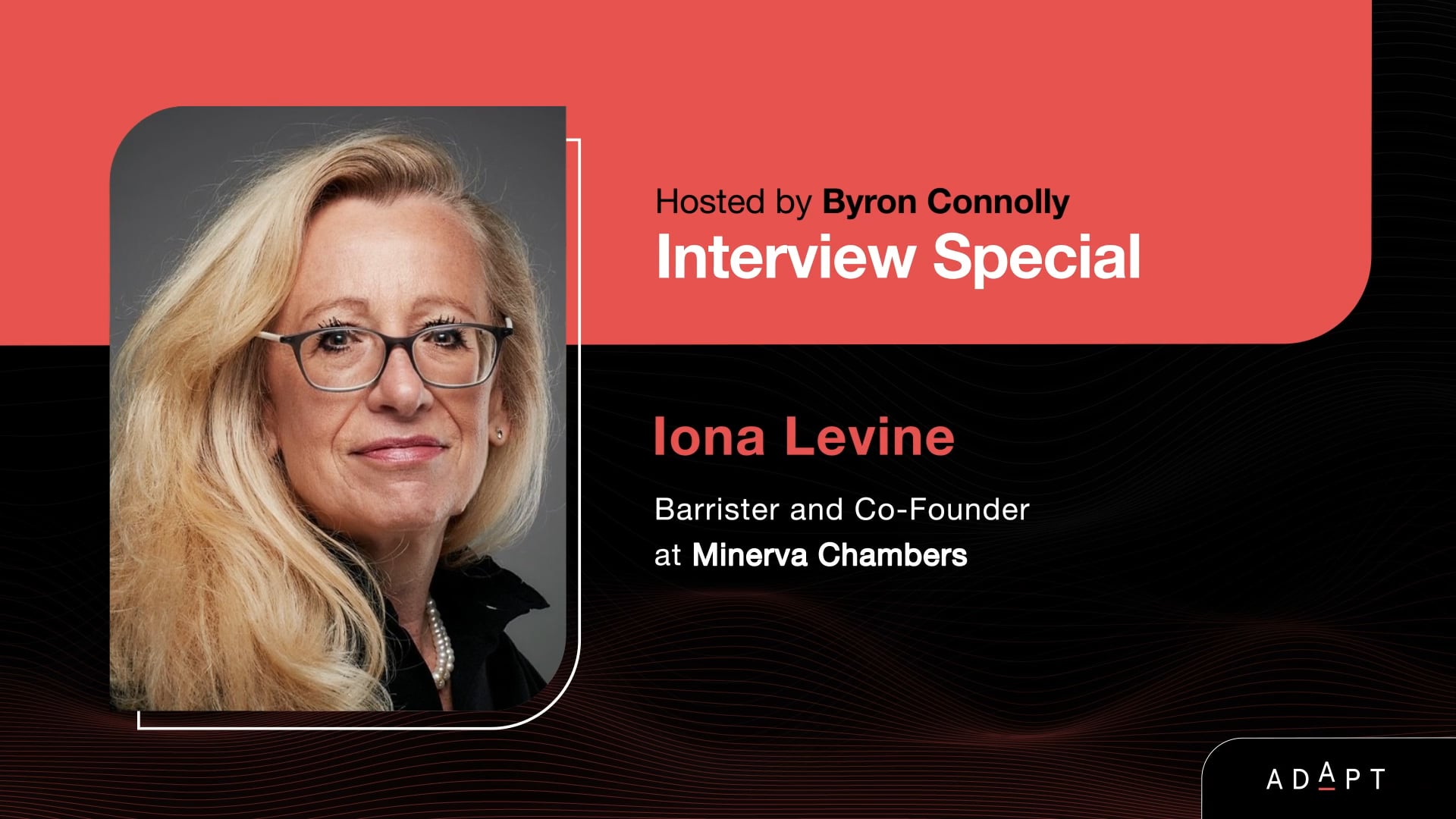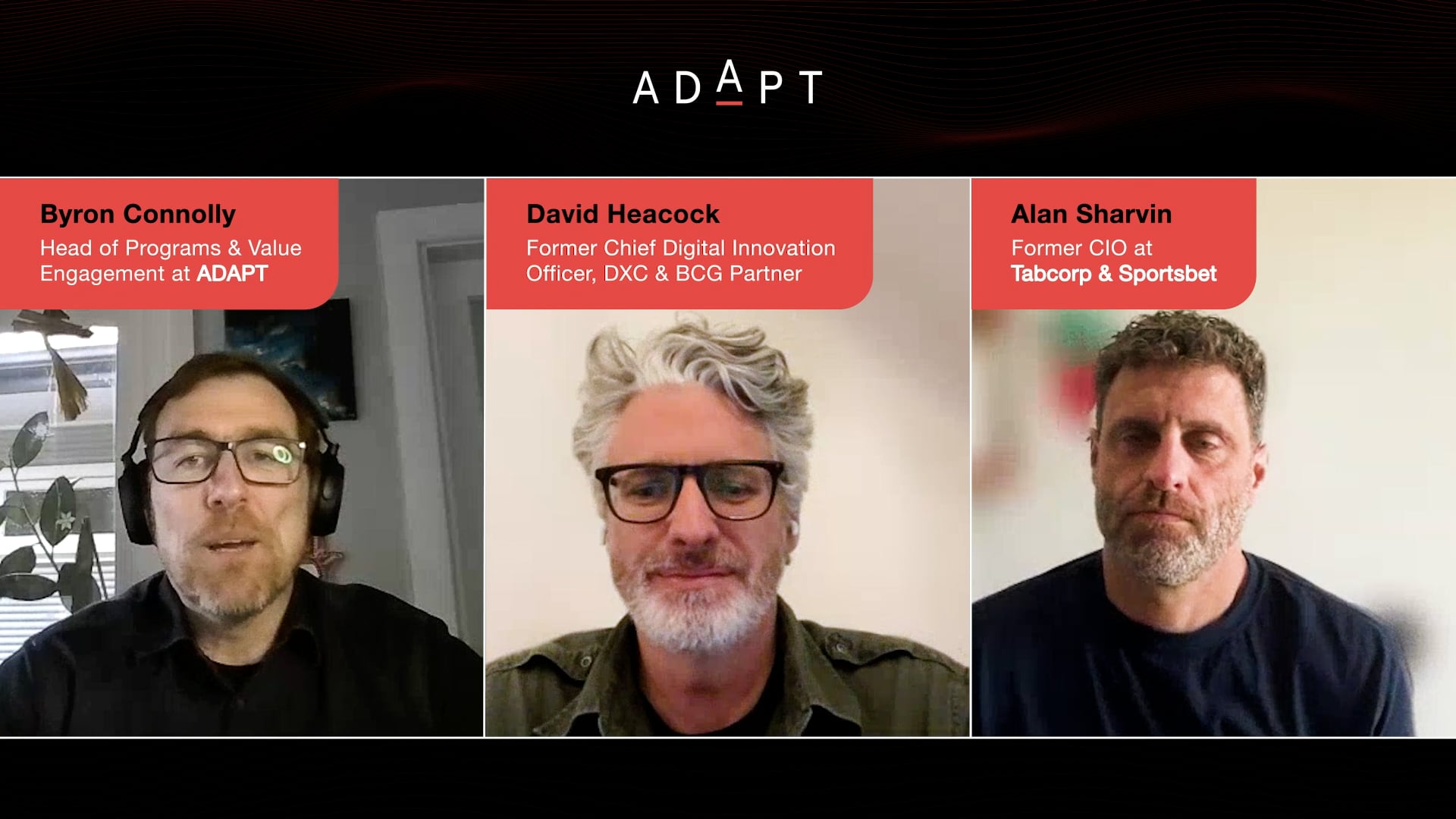Janet Ravin, VP of Global Brand, Content and Communications at Rimini Street and chair of the Rimini Street Foundation, says AI is displacing jobs, widening skills gaps, and calls on enterprises to invest in people and communities.
In this interview with ADAPT’s Head of Programs & Value Engagement says AI’s disruption of jobs is one of the most pressing and uncomfortable conversations for the technology sector.
She warns that the gap between those prepared for the AI era and those already behind is widening fast.
“We are in a very interesting situation now where AI is absolutely displacing jobs at a pretty significant rate…existing jobs may go away because of AI and be replaced by something else,” she says.
Job displacement and the widening gap
Janet cautions that many roles lost to automation may not return in the same form, leaving vulnerable groups further disadvantaged.
“For those already behind, [the gap] only widens.”
She adds that graduates are struggling to secure entry-level positions in what publications like The Atlantic and The Australian Financial Review have described as the “Tinder era” of job hunting, where AI-written resumes are filtered out by AI-driven recruitment.
“How do you gain the experience that you need to really propel your career when you can’t even get your foot in the door?”
A call for responsibility and investment
Janet urges enterprises to engage in philanthropy and reinvestment to offset the displacement caused by technology.
She points to Rimini Street Foundation’s global donations, including $100,000 shared across ten charities such as the Aboriginal Literacy Foundation in Australia.
A recent Rimini Street survey of more than 4,300 executives found that 98% believe the skills shortage is hindering digital transformation.
“You have to put investment back into your organisation, into the communities and find new ways to maybe even save jobs, even if it’s not the most efficient way of going about doing it.”
Human first in customer experience
While Rimini Street has developed patented AI capabilities to speed up customer support, Janet stresses that the company’s service model prioritises people.
“Our philosophy on how we serve our clients and our support model, we have a guaranteed 10-minute response time delivered by their primary support engineer. We deliver in less than two minutes, on average, and it’s a human being that’s picking up the phone and calling you, not a robot.”
She argues that organisations chasing efficiency by putting technology before people risk undermining brand trust.
“I’ve seen reports where people are willing to pay more for the human experience rather than technology,” she added.
Quiet cracking and workplace pressure
Beyond client services, Ravin is concerned about internal culture.
The rise of “quiet cracking,” which she describes as persistent unhappiness leading to disengagement, is particularly worrying.
“Now with quiet cracking, there’s pressure from all over, whether it’s because AI is displacing people’s jobs at a pretty rapid rate or because there’s more pressure from the top and bottom for individuals to produce more and perform better.”
She warns that creative roles need breathing room to thrive, otherwise they risk being replaced with generic AI outputs.
“When you don’t have [this space], where does creativity go? Then, it’s all just ‘pressure, pressure, pressure’ or even swapped out with robotic, AI-generated content.”
Read our deeper breakdown of her perspectives on AI, skills, and the future of work.






























